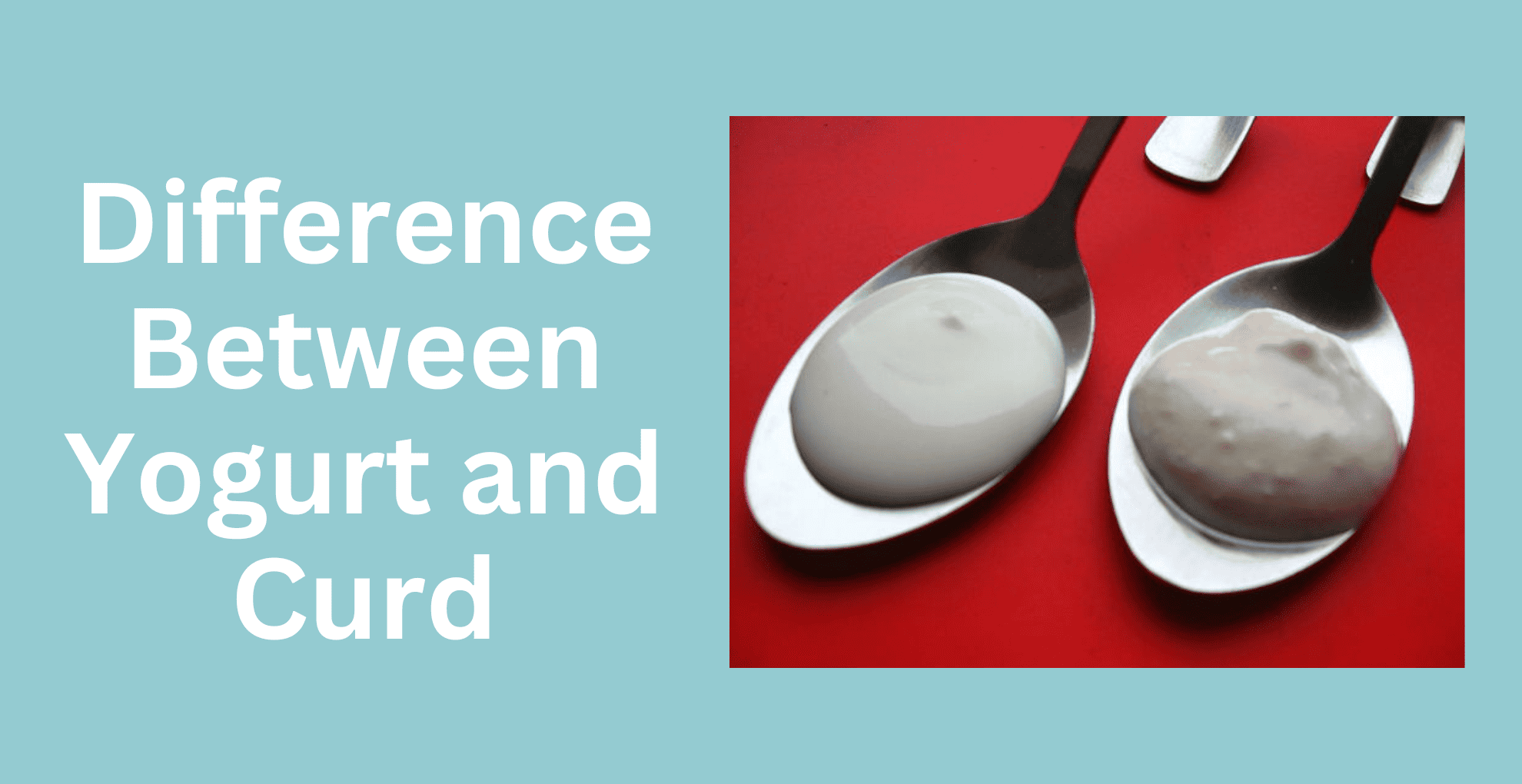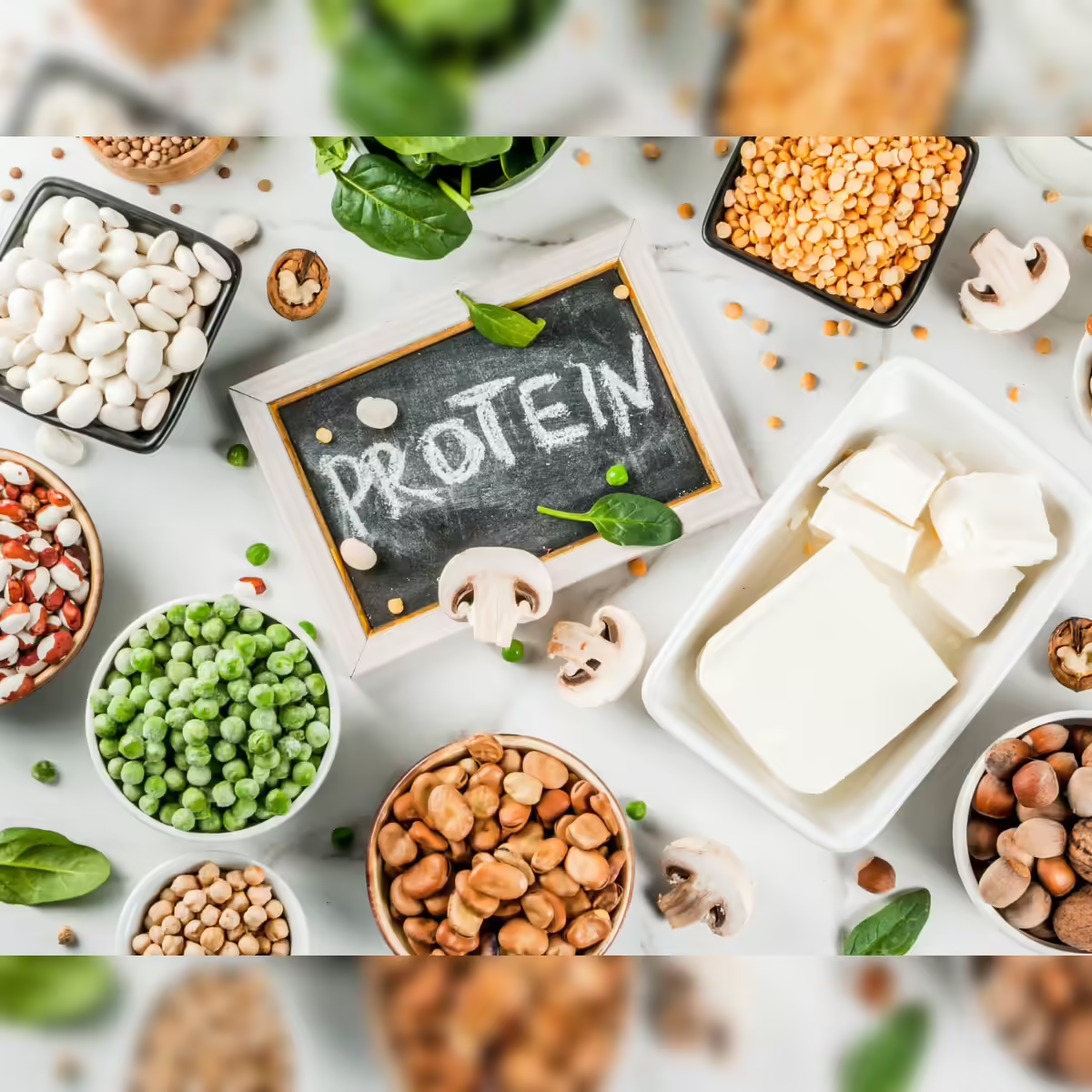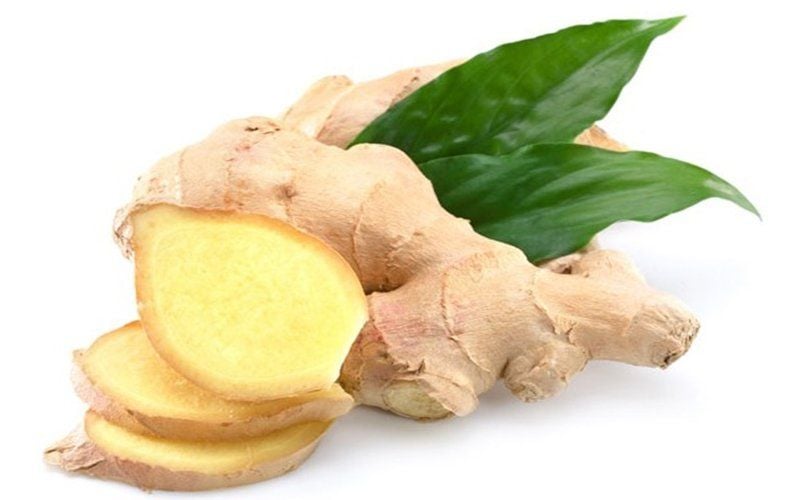Lifestyle
The TRUE difference between yogurt and curd is as follows:


By Kajal Sharma - 25 Jan 2024 09:24 PM
Yogurt and curd are two common dairy products that are sometimes used interchangeably, but are they really the same? Examining them more closely reveals subtle distinctions, especially in nutritional makeup, beyond their creamy textures and acidic flavors. Here's everything you need to know about the distinctions between yoghurt and curd.Yogurt is a phrase used to describe a particular type of dairy product made by fermenting milk with certain strains of bacteria, whereas curd is a general term used to describe all fermented dairy products.Curd is usually prepared by adding a tiny amount of starter, or pre-made curd, to warm milk and letting it ferment. Curd is a great source of probiotics, protein, and calcium nutritionally. By encouraging the development of healthy bacteria in the digestive system, the probiotics in curd enhance intestinal health. Conversely, yoghurt is fermented using particular bacterial cultures, such as Streptococcus thermophilus and Lactobacillus bulgaricus. Beyond the nutrients in curd, the particular strains of bacteria utilized in the manufacturing of yoghurt often result in increased levels of probiotics in the product. Probiotics like this help improve gut health.What impact do they have on gut health? Probiotics, also referred to as "good bacteria," are essential to curd and yoghurt. These microbes promote healthy nutrition absorption, facilitate digestion, and maintain a balanced gut microbiome. Yogurt, on the other hand, is often a better option for people who are concerned about their digestive health because of its stronger probiotic content.
What distinguishes yogurt from curd? Nutritionist Nmami Agarwal is using her Instagram account to spread the word about the distinction between yogurt and curd. "Curd is an important part of the Indian diet," the author adds in her piece. It is an excellent choice for those who are lactose intolerant and a high source of calcium. A dairy product called yogurt is made by utilizing bacteria to ferment milk. Yogurt culture is the term for the bacteria used to ferment milk. This bacteria produces lactic acid from the fermentation of lactose in milk, giving yogurt its tart and acidic flavor," the author explains in her piece.Nmami highlights the following points to show how the two differ from one another. Since curd does not contain the typical number of live bacteria and cannot be classified as a probiotic, it is natural and varies from house to house. Yogurt contains live strains of streptococcus thermophilus and Lactobacillus bulgaris bacteria, whereas curd contains Lactobacillus bacteria, or lactic acid bacteria. As an industrial product, yogurt has flavoring options.Yogurt's health benefits include: 1. Protein, potassium, molybdenum, and pantothenic acid, sometimes known as vitamin B5. 2. Yogurt's high protein content helps with weight loss. 3. Yogurt is a healthy choice for people with high blood pressure because of its potassium content. 4. Yogurt has probiotics, which give the gut good bacteria and support a healthy flora. Better digestion and general health are associated with a healthy gut. Probiotics, which are abundant in yogurt, have been shown to extend life. Yogurt is recommended for consumption by those with dairy product allergies since it does not trigger the lactose allergy, according to Nmami.
























